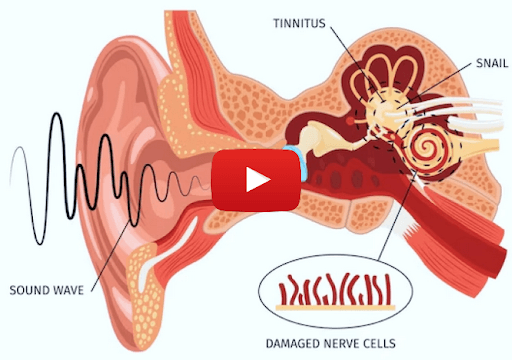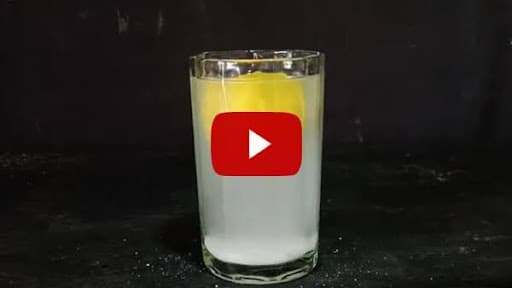The Secret Plant Toxins You're Eating Every Day: Lectins in Diet
Lectins are proteins that exist not only in plants but also in animals, serving as a form of defense mechanism. These proteins are particularly significant because of their ability to bind to specific sugar molecules, called sugar-binding proteins or glycans.
Plants employ lectins to protect themselves against predation. Since plants are immobile, they utilize chemical warfare to deter animals or insects from consuming them. This is evident in the capacity of lectins to paralyze small insects, proving the potency of their defense systems.
"Plants are chemists of incredible ability."
The fascinating aspect of lectins lies in their interaction with human biology. Dr. Alessio Fasano discovered that the lectin gluten can attach to intestinal walls, causing a compound called zonulin to breach the gut barrier. This leads to inflammation—a sign your white blood cells react adversely, perceiving these proteins as foreign invaders.
Interestingly, humans did not consume grains or beans until about 12,000 years ago, after the Agricultural Revolution. These foods are notable sources of lectins and potentially explain the historical reduction in human height post-agriculture, highlighting lectins' adverse dietary impact.
While avoiding lectins entirely may be challenging, minimizing their adverse effects is possible through various methods. Fermenting or pressure cooking foods can detoxify these proteins, allowing for safer consumption.
Modern lifestyle elements, referred to as "deadly disruptors," significantly weaken our body's defenses against lectins. Broad-spectrum antibiotics, which disrupt gut microbiome balance, and acid-reducing drugs contribute to deteriorating our lectin defense mechanisms.
Furthermore, glyphosate, the active ingredient in Roundup, disrupts gut bacteria, compromising our gastrointestinal health and leading to conditions like leaky gut syndrome. These collective outcomes necessitate a case for better dietary management and awareness.
Understanding lectins and their potentially mischievous role in our diets guides more informed choices. Using strategies like dietary modification and embracing natural food processing techniques offers promising ways to navigate the complexities of lectins in our diet.
From Around The Web
Wellness Inbox is a blog & weekly newsletter that curates trending news and products related to health and wellness from around the web. We also gather content from various sources, including leading health professionals, and deliver it directly to you.
Please note that we may receive compensation if you purchase any products featured in our newsletter. Wellness Inbox is not affiliated with, nor does it endorse, any health professionals whose content may appear in our newsletter. The information provided is for general informational purposes only and should not be considered medical advice.
The information provided is not intended to replace professional medical advice, diagnosis, or treatment. All content, including text, graphics, images, and information available is for general informational purposes only. We do not guarantee the accuracy or completeness of any information presented and assume no liability for any errors or omissions. The content is subject to change without notice. We encourage you to verify any information with other reliable sources and consult your physician regarding any medical conditions or treatments.







